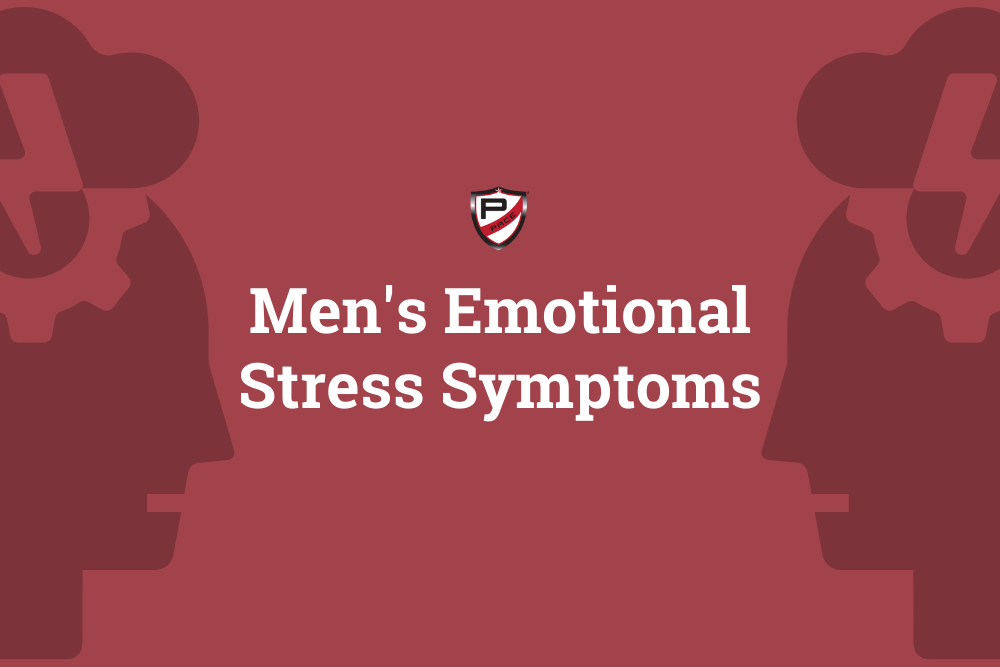Men often bear the burden of responsibility in areas related to work, school, finances, and relationships. When the weight of these starts to compile, it’s natural to start to feel overwhelmed. But when is this something to be concerned about? And how do you know when to reach out for more help?
What Causes Stress?
We have all experienced changes in our lives that affect our mood, and these can influence how we interact with others and the world around us. When we go through a difficult period or have added responsibilities, our desire to perform well can alter our physical and emotional selves. If you’re experiencing a change in emotions but aren’t sure what is causing it, stress could be the culprit. Some common situations that can increase feelings of pressure include:
- Added responsibilities at work or school
- Major life changes (moving, job change, relationship changes, etc.)
- Legal issues
- Upcoming deadlines
- Lack of support in navigating challenges
- Financial problems
Any of these circumstances can increase anxieties in your life, so it’s important to begin to recognize when you are feeling the effects of stress.
Symptoms of Stress in Men
If you are managing a situation that could be increasing anxiety in your life, start taking note of how you are feeling on a daily basis. Monitoring your emotions and physical self can help you determine how these changes are affecting you. Specifically for men, the symptoms of managing challenging situations could be more subtle, so taking note of any differences in how you feel can help you pinpoint where you need more support. Common emotions men experience related to stress include:
- Increased irritability
- Worry, guilt
- Depression, mood swings
- Racing thoughts, anxiety
Let’s take a minute to look at how each of these appears, specifically in men.
Emotional Responses to Change
Men commonly feel a sense of responsibility for the situations they experience in life, and stress can increase frustration related to these responsibilities. When you are feeling pressure in one area of life, you may find that you have a “shorter fuse” and become angered more quickly in unrelated situations. This could look like increased frustration at tasks incomplete in the home or hostility towards your family members who are not experiencing the same levels of strain.
You may also notice increases in worry and anxiety. As you try to navigate life changes or challenges, you might fixate on the issue at hand and have difficulty refocusing your mind. Guilt related to the situation may also be an issue, especially if you are spending a lot of time focused on these circumstances. As your mind continues to try to sort through your emotions, you could also experience periods of depression or mood swings as these feelings change. All of these are normal reactions to stress, but it becomes a problem if your emotions are interfering with your ability to complete the tasks you want or need to do.
Managing Life Stressors
Sometimes changes in life feel like too much, and it feels unmanageable. If you’re feeling overwhelmed by your life circumstances, try some of these tips to better manage your emotions related to stress:
- Keep a journal to process what you’re feeling
- Practice deep breathing and meditation
- Take breaks when completing tasks
- Prioritize your responsibilities
There are times, though, that professional support is necessary. Outpatient therapy services provide a space for you to work through the emotions related to stressful life events while helping you develop coping skills. PACE Recovery Center offers gender-specific inpatient and outpatient therapy services for mental health conditions and mood disorders. If your feelings of anxiety or mood changes are interfering with your responsibilities in life, contact us today to learn more about our counseling services.



